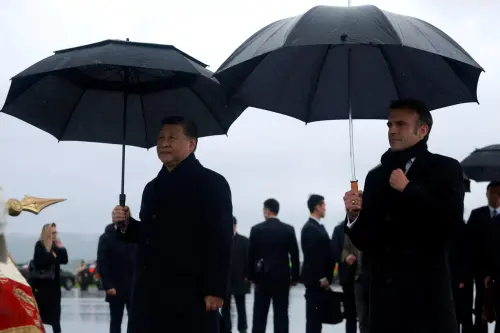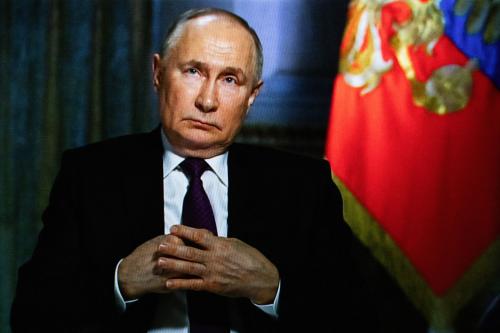Raymond Aron, beyond his rich theories and deep analyses, remains for me above all a professor of moral and intellectual sanity. He was a teacher of what he was saw as the two supreme intellectual principles: the respect for facts and the respect for the arguments of others. From his devotion to these two principles, Aron achieved in his work a remarkable mixture of firmness and moderation, an awareness of the complexities of the world together with an understanding of the need for action and for choice.
Of course, Aron did waver on some issues. On the issue of the French nuclear deterrent and on the prospects for European integration, he changed his emphasis several times. But on most issues, he made a number of basic choices that are still relevant today. He broke with his left-wing intellectual friends over the fight against totalitarian communism. At the same time, he broke with his friends on the right over the war in Algeria and the Suez Crisis. These positions and others left Aron quite isolated in French intellectual circles, but he never faltered in his convictions.
This quality of informed yet firm moderation means that Aron remains very relevant to the disputes between Americans and Europeans today, and particularly to the issue of legitimacy for using force. We often hear that the Europeans think legitimacy comes from international law incarnated in institutions—the UN Security Council and others. Americans, at least as Robert Kagan and Frank Fukuyama have explained it, see legitimacy essentially coming from the American Constitution and from the American electorate—not from the consent of other countries or, indeed, from universal principles.


Commentary
Raymond Aron on the Use of Force and Legitimacy
February 1, 2005